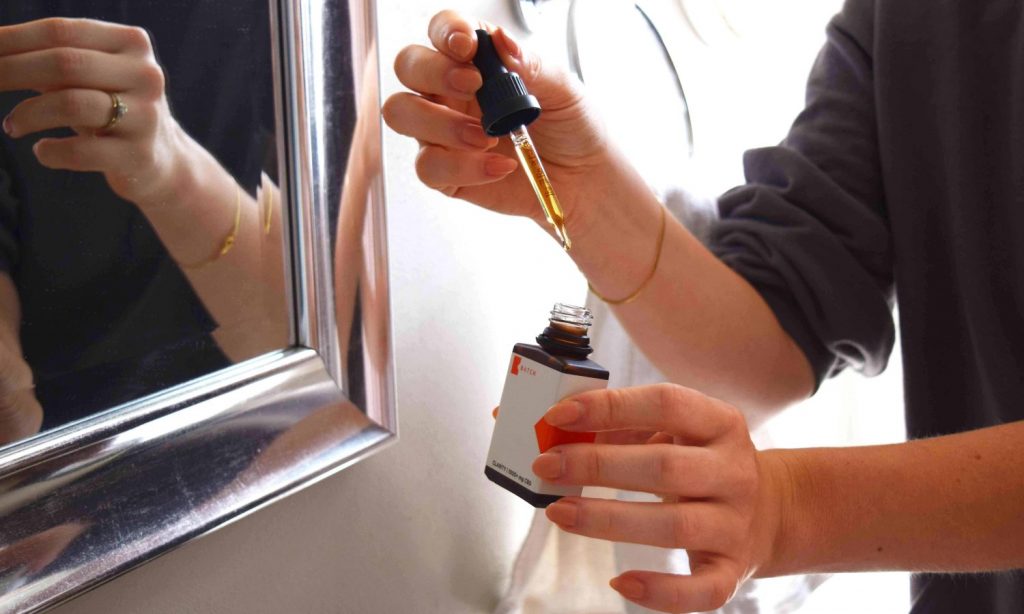New Zealand is facing a collapse of legal medicinal cannabis supply after March 31, when a deadline to meet stiff new government rules is expected to keep the products of three of the country’s five main importers out of the market, reports NZ Herald’s Kate MacNamara in this Herald Premium article.
Last April, the government unveiled a new regulatory system to create more safe, widespread and affordable access to medicinal cannabis. It has not yet approved a single product.
New Zealand-based importers Medleaf Therapeutics, Nubu Pharmaceuticals, and Eqalis Pharmaceuticals confirmed their products are not likely to be approved under the new standards before the March deadline. Domestic production, still in its very early stages, is not likely to reach the market until late this year.
On March 31, special provisions, which have allowed companies to import under an old, stop-gap system will expire. Shane Le Brun, regulatory and business development consultant at Medleaf, currently estimated to be the country’s largest importer of medicinal cannabis, said his firm is preparing for a hiatus from the market of at least several months. A situation he described as a “looming crisis” for patients.
Even after receiving ministry verification, products will face a lag in reaching New Zealand, Le Brun warned. Companies require licences to both import to New Zealand and export from abroad, these cannot be obtained until after verification, and shipping times are uncertain.

Copyright
© 420 Intel





